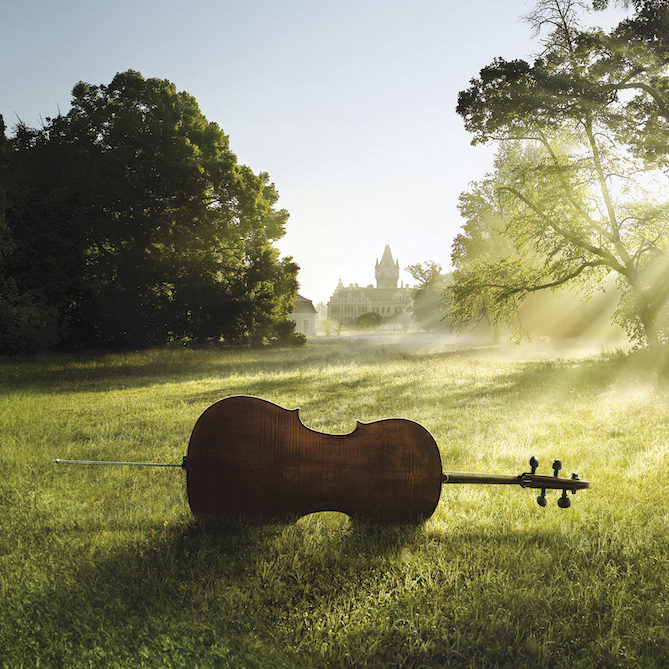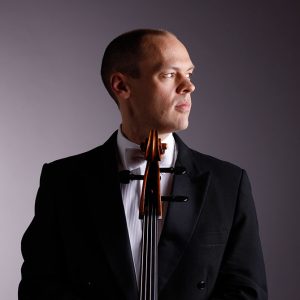
What You Did This Summer
Brant Taylor
We are now in mid-summer, and countless musicians of all types are at various summer music festivals and camps engaging in musical activities that likely differ in some way from the artistic lives they lead during the rest of the year. Whether a student or a professional, a change of scenery and the opportunity to meet and collaborate with new colleagues has many benefits. Certainly, for those of us who spend the academic year engaged primarily in one musical activity, summer is a valuable opportunity to do something different.
For professional musicians, the tendency to be defined by their “main” musical job or pursuit is strong. A quick look down the faculty roster of the Mimir Chamber Music Festival, from which I just returned to my full-time position with the Chicago Symphony Orchestra, reveals mostly players with jobs in large orchestras. What business do we have coaching chamber music? Why would a student come to a chamber music festival to hear “orchestra players” play string quartets? If adaptability and versatility are more important than ever in 21st-century musical life, it’s interesting how often artists are defined primarily or solely by their “main” activity.
Even in music school, I remember some of my peers staking their claims early on to a particular area of the music profession. There would be whispers of, “He’s forming a serious quartet that’s going to stay together after finishing school.” Or, “She’s aiming to be a soloist.” Or, “He’s practicing Don Juan already because he’s going to win an audition for a major orchestra.”
I happen to play in a major orchestra as a part of my artistic life. But if someone asked me what makes an “orchestra player,” I smile and must admit that the negative stereotype is the first thing to come to mind: a bitter player with a pair of earplugs shoved all the way in, shooting daggers at the conductor and constantly checking the clock to see how much longer he or she will have to rehearse Beethoven 7 for the 315th time. (Yes, there are equally colorful popular images of soloists, quartet players, freelancers, and teachers.)
This is on my mind having just finished a particularly intense period of musical activity in which I played a concerto with a regional orchestra near Chicago, joined the Formosa Quartet for a short concert tour, went to the Mimir Festival to play and coach chamber music, and played concerts with my regular ensemble. Here’s the point: embrace the summer festival season to stretch your boundaries artistically. Do something unexpected. Don’t be pigeonholed. Take a risk. The intense bursts of practicing/rehearsing/performing that occur during the summer are great opportunities to make rapid progress. Carry the sense of newness and self-discovery that often comes during summer study into the rest of the year. After all, before we are any “kind” of musician, we are simply musicians, and will benefit from gaining the broadest possible set of musical experiences and skills, no matter what the context.
Subjects: Artistic Vision
